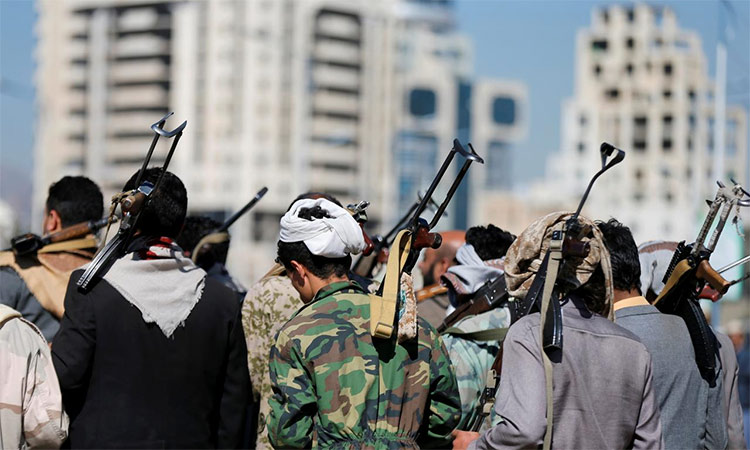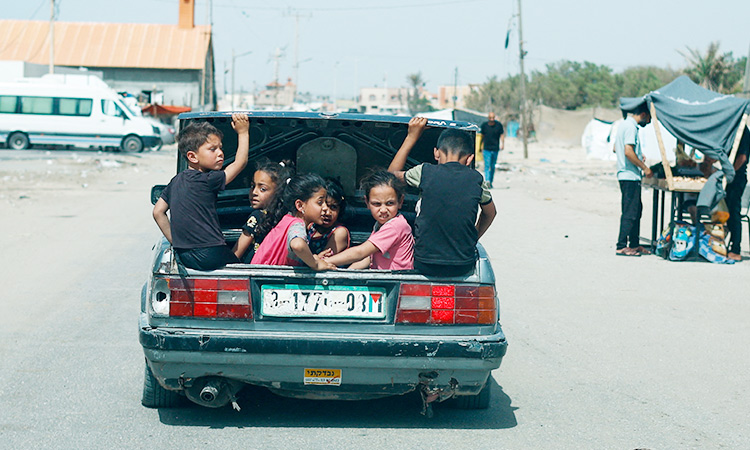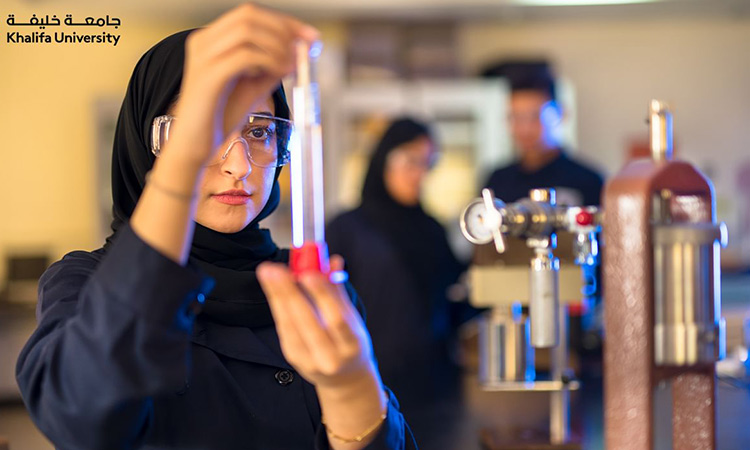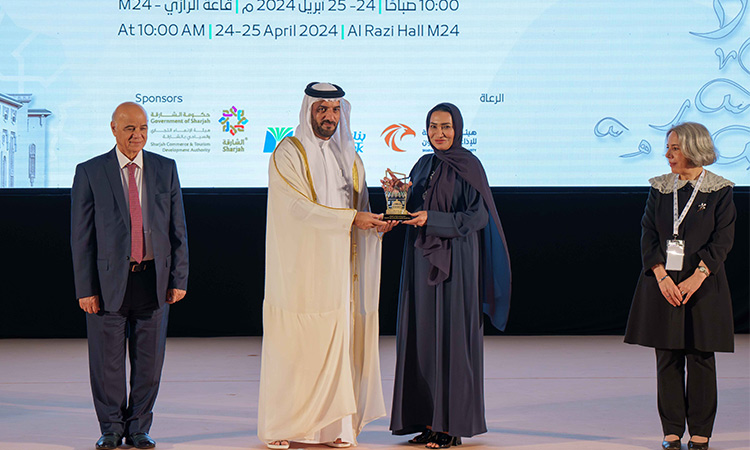UAE, Saudi Arabia pledge $200m for Yemenis during Ramadan
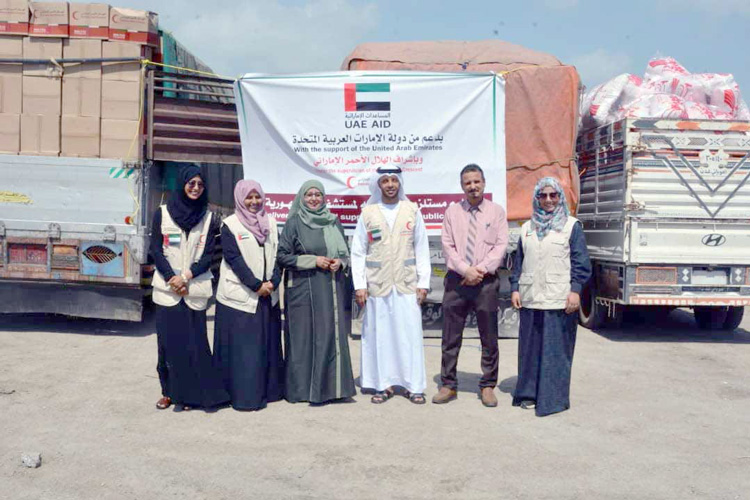
The UAE opens Al-Gomhouria Educational Hospital in Aden. WAM
In a joint effort, the UAE and Saudi Arabia have pledged $200 million in relief assistance for Yemenis for the Holy Month of Ramadan.
During a press conference held at the Foreign Correspondents Club of the UAE on Monday, Reem Bint Ibrahim Al Hashemy, Minister of State for International Cooperation, announced the third KSA-UAE Humanitarian Response to Yemen.
Al Hashemy said, "The situation in Yemen continues to be difficult, and the UAE and Saudi Arabia are, through joint efforts, trying to eliminate the humanitarian of Yemenis."
The minister detailed that the third round of the joint effort entails $200 million, which will be distributed to Yemenis in the coming weeks, and during the Holy Month of Ramadan.
Of the total amount pledged, $140 million will be allocated to food aid and distribution via partner humanitarian organisations, including the UN's World Food Programme, she explained.
"The money will also be focused on malnourished children, pregnant and nursing women," Al Hashemy said, adding that $40 million of the total amount pledged will be allocated to focus on these particular segments.
In addition, the UAE-Saudi relief efforts will partner with the World Health Organisation, WHO, contributing $20 million to combatting the spread of Cholera, the minister continued.
Al Hashemy noted, "This is not just about money, it also has to be about hope," to ensure that all Yemenis achieve security and stability. "For aid to be effective, it has to be transparent and non-discriminatory, and our aid goes to all parties."
"An example of this includes the UAE and Saudi Arabia's efforts last month to ensure that 128,000 teachers received their salaries," she noted, adding that the teachers were from across the whole of Yemen, including those in Houthi-controlled areas. "Aid has to go to those who need it the most, because we do not have access to Houthi-controlled areas, we rely on international and UN organisations to ensure that aid is delivered effectively," Al Hashemy continued.
Commenting on progress to attain peace in the country, Al Hashemi said the Stockholm Agreement has been violated repeatedly by the Houthi militias. The minister said that according to data, the Houthis have violated the agreement close to 3,000 times since December 2018.
For weeks, if not months, the UN has been working very closely to ensure access to the Red Sea Mills which contain vital stocks of wheat, yet just when another breakthrough comes along, Houthi violations lead to further "disappointments," the minister continued.
Adding further to the Red Sea Mills situation, Al Hashemy said, "We do not know the status of the grains, they could be safe for consumption or not. So we are not solely relying on the grains available at the mills. We are trying to create new and more opportunities to ensure that, at least during the Holy Month of Ramadan, that there is a sense of solidarity and community for the people of Yemen."
There are some 2.1 million severely malnourished children in Yemen today, Al Hashemy noted.
When asked on the status of demining efforts, the minister said, "This is a very difficult subject, one that I'm personally very affected by," adding that, "Yemen is probably going to be the most-mined country in the world."
"We continue to have very strong demining efforts. It's not easy, as the mines have become more sophisticated," she explained, noting that the mines have several components inflicting more damage on civilians. Accessibility to maps and area locations is limited, the minister continued, adding further difficulties to demining efforts.
The latest estimates indicate that over one million mines have been placed across Yemen, causing "a million very difficult stories for the Yemeni people," Al Hashemy stressed.
Since 2015, the UAE provided $5.41 billion in assistance to Yemen, reaching out to some 17.2 million individuals, including 11.2 million children.
WAM

